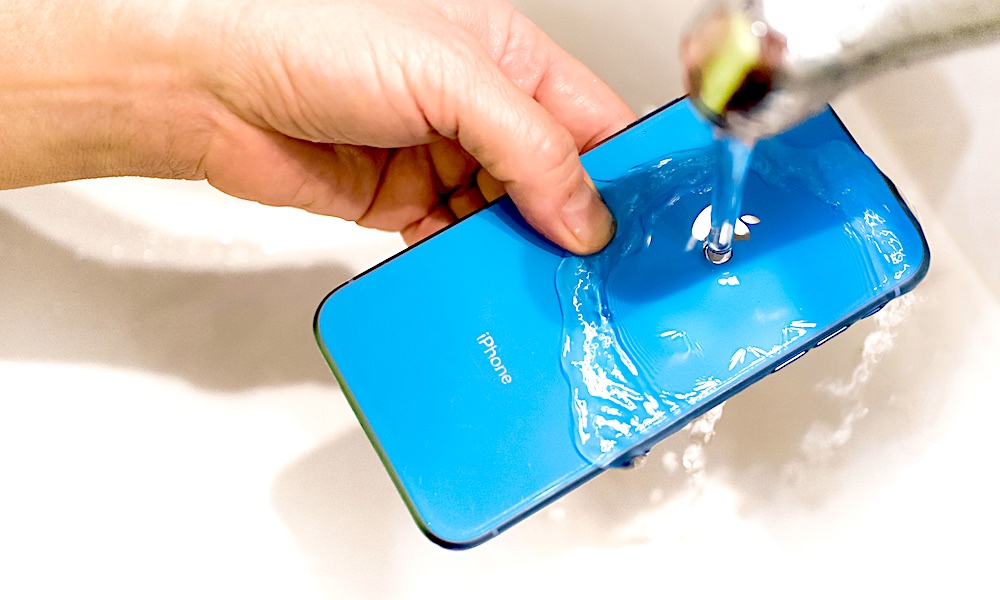Italian Regulators Slap Apple with $12 Million Fine Over iPhone Water-Resistance
1 Min Read
 Credit: EugeneEdge / Shutterstock
Credit: EugeneEdge / ShutterstockToggle Dark Mode
Apple is once again in heat with European regulators, this time regarding its claims of how waterproof its iPhone models are, with Italy’s antitrust watchdog hitting the iPhone maker with a






